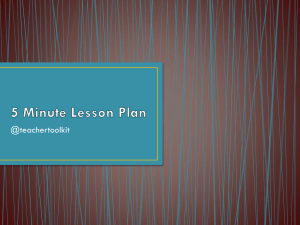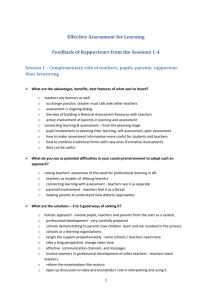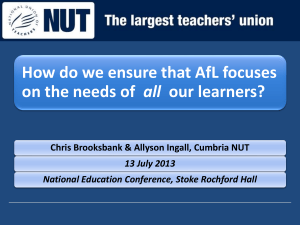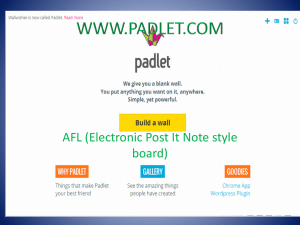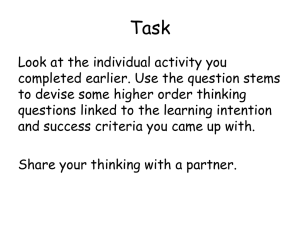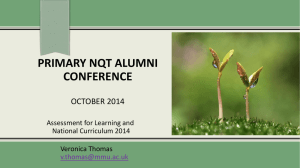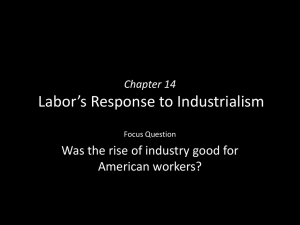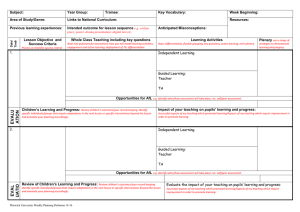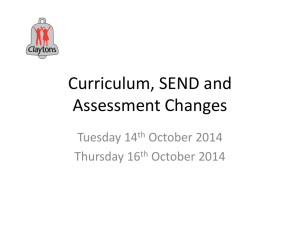AfL Inset Steph and Jenna
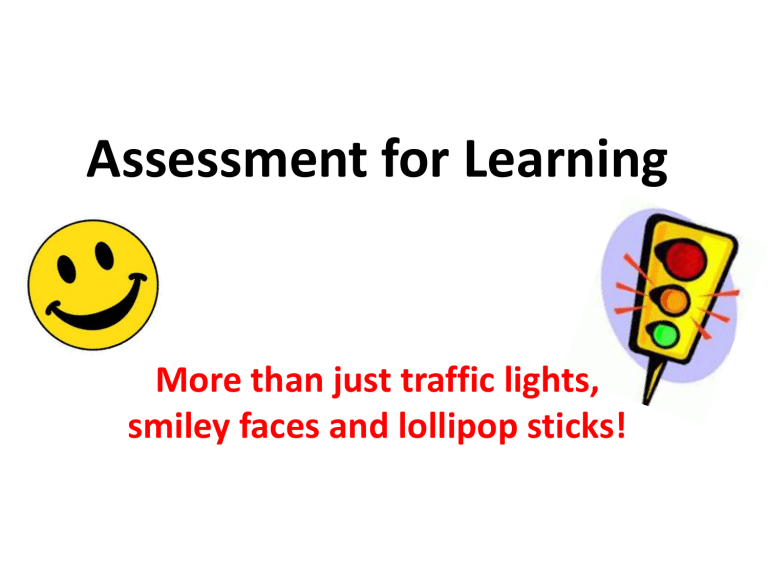
Assessment for Learning
More than just traffic lights, smiley faces and lollipop sticks!
What do you understand AfL to be?
What might it look like in the classroom?
KHDA recommendations for SRS are:
• to continue to increase progress and attainment
• to improve student attitudes e.g. responsibility, aspirations.
SRS school improvement priorities are:
• raising attainment and accelerating progress
• improving and maintaining quality of T & L
• enhance the ethos of the school including effective behaviour for learning.
By using a variety of AfL strategies, we can effectively raise attainment and enable accelerated progress as well as challenging pupils own perceptions of their learning and intelligence by promoting a growth mindset i.e. that intelligence is not fixed. Research has shown that AfL has seen pupils taking on more ownership of their own learning.
If you are using Assessment for Learning, what is the role of:
The teacher?
The learner?
Peers?
If we take into account what the teacher, the learner and their peers do, there are 5 key principles of AfL that come out…
Teacher
• Finding out where the learner is- how do we do this?
• Providing useful feedback to move learning forward
• Ensuring all pupils are clear about the Success Criteria
Learner
• Self-assessment strategies- what strategies can we use?
Peers
• Supporting each other with the learning- activating students as teaching resources
If you are doing at least one of these, you are doing Assessment for
Learning. If you are not doing one of those, then you are not doing
Assessment for Learning. Dylan William
VIDEO- Year 11 Revising polygons
Questions to think about during the video:
* What AfL strategies did she use?
* How were they useful in helping her to understand the pupils learning and identify next steps?
* What higher order thinking skills was she promoting?
How do we provide effective feedback in order to move learning forward?
Next steps marking at
SRS
• Once a week in:
• English
• Mathematics
• Science
• IPC (open question)
Activity
• This is focused on refining our marking feedback skills to give clear and specific comments that children can respond to and that will help them improve/ extend their understanding.
Poor quality feedback
• Limits the response the child can give
• Isn’t specific
• Doesn’t require the child to respond immediately
• Doesn’t allow the child to demonstrate that they have deepened their understanding.
• “You have included excellent adjectives.
• Next time try to use adverbs.”
High quality feedback
• Allows the child to respond fully
• Is very specific to what the individual needs
• Requires the child to respond immediately
• Allows the child to demonstrate that they have corrected their misconceptions/challenged their learning
• “You have included excellent adjectives.
• Look at your second paragraph. There are
3 verbs in there. Can you add in 3 adverbs to describe these verbs? ”
What to do
• Look at the sheets on your tables in
3s. Read the learning intentions
(WALTs) and the example of a poor quality feedback comment.
• Write a high quality comment that allows the child to give a full and immediate (ish) response.
• Now swap with another 3 to share your comments. Can you improve them even more?
Don’t let the tools become the focus…
Self and Peer Assessment
Like trying to guess what’s in a parcel, the whole purpose of AfL is “shaking the box” to see what’s inside by:
* Listening;
* Watching;
* Sensing emotion;
* Doing or saying something and observing the reaction;
* Asking learners to do something and observing what they do;
* Asking good questions and really listening to the answers;
* Letting the learners answer your questions and not putting words into their mouths.
Be aware of getting so tied up in the tools and strategies for AfL that you forget why they’re being used.
Ask yourself….
What will that AfL technique tell me about their understanding?
What will I do as a result?
From Good to Outstanding www.fromgoodtooutstanding.com
1. The most difficult part of today’s lesson was ...
2. To help me understand better, I would like to repeat the bit about ...
3. I would like the answer to the following question: ...
4. With the information that
I learnt today, I will now be able to ...
5. Today, I was able to make progress because ...
6. The part of the lesson I found the easiest to understand was ...
7. If I had to set a test based on today’s lesson, I would ask the question:
8. After today’s lesson, I can now explain ...
9. When I first walked into this classroom at the start of the lesson, I did not know ...
10. I think I am becoming an expert on this topic because ...
11. If I were to set homework to build on today’s learning, I would tell the students to ...
12. I was surprised to learn that ...
13. The biggest obstacle I overcame today was …
14. I think it is important to
15. If I were to teach this lesson to somebody else, the because ...
...
16. I am proud of myself today because ...
17. One thing I think I did really well today was ...
18. I feel that the most important think I learnt today was ...
19. At the end of the lesson, my confidence level is now ...
20. What I learnt today has inspired me because ...
21. If I had to explain this lesson to someone who was absent, I would say ...
22. I could have improved my work by ...
23. Today, my opinion changed about ...
24. Today, I asked the question: ...
25. Next time, I will remember to ...
Asking effective questions…
“Good learning starts with questions, not answers.” Guy Claxton
http://teachertoolkit.me/2013/01/04/pppb-version2/
Questions that enable children to communicate, reason and justify.
Sentence scaffolds promote oracy and allow pupils to think about the content whilst promoting accurate sentence construction, something that is especially valuable in SRS where virtually all pupils are EAL.
Maths question- Odd one Out
So what are the expectations in terms of planning?
SRS expectations are that planning will include key questions that can be used to assess pupils’ learning at different stages of the lesson.
However, we are aware that not all questions can be planned for and many will arise as the lesson unfolds.
http://www.journeytoexcellence.org.uk/videos/expertspeakers/collaborativelearning dylanwiliam.asp
http://www.tes.co.uk/article.aspx?storycode=6261847
![afl_mat[1]](http://s2.studylib.net/store/data/005387843_1-8371eaaba182de7da429cb4369cd28fc-300x300.png)
